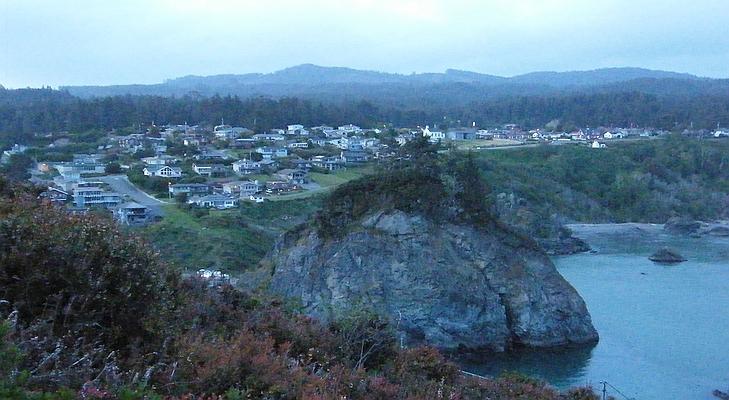The state of California had earlier challenged a decision made by the Bureau of Indian Affairs in 1994 over forming a trust and allotting land to the Big Lagoon Rancheria. The federal government allows an Indian tribe to make an independent decision and allot land to the construction and operation of a casino. California wanted to challenge this decision and had filed a case questioning the authenticity of the Big Lagoon Rancheria as a federally recognized tribe.
The case received a lot of publicity and was closely followed by the gambling community in the United States. A decision was made by the 9th U.S. Circuit Court of Appeals when a panel consisting of eleven judges stated that law allowed the state of California a period of six years to file such challenges. Since the case was filed after the stipulated deadline, the state had no case as the statue of limitations had expired.
Judge Diarmuid O’Scannlain made a statement on behalf of the court which said “Allowing California to attack collaterally the BIA’s decision to take the eleven-acre parcel into trust outside the APA would constitute just the sort of end-run that we have previously refused to allow, and would cast a cloud of doubt over countless acres of land that have been taken into trust for tribes recognized by the federal government.”
In January 2014, things looked very bleak for the Big Lagoon Rancheria as a court ruling cast serious concerns over the tribe’s federally recognized status and the authenticity over its trust site of 11 acres on which it proposed to build its casino. The ruling caused a unification among Native American tribes as they joined forces to support the Big Lagoon Rancheria. The final ruling made by the 9th Circuit Court was a major victory for the Big Lagoon Rancheria as well as for all Native American tribes.
Now that all challenges the tribe’s casino proposal have been dropped, the Big Lagoon Rancheria will have to wait for the U.S. Secretary of the Interior to make a final decision on its casino proposal.
Attorney General Kamala Harris was one of the key members who was opposing the tribe and questioning its federally recognized status. Harris who is currently running for U.S. Senate will have to accept defeat and allow Gov Jerry Brown to negotiate with the Big Lagoon Rancheria or she can continue to fight the case and take it to the Supreme Court.
The Big Lagoon Rancheria has about two dozen enrolled members.
Correction: In an earlier version of this report we stated that the Big Lagoon Rancheria operates a casino with the Los Coyotes Band of Cahuilla and Cupeño Indians in Barstow, California. This assertion has been proven to be incorrect.



